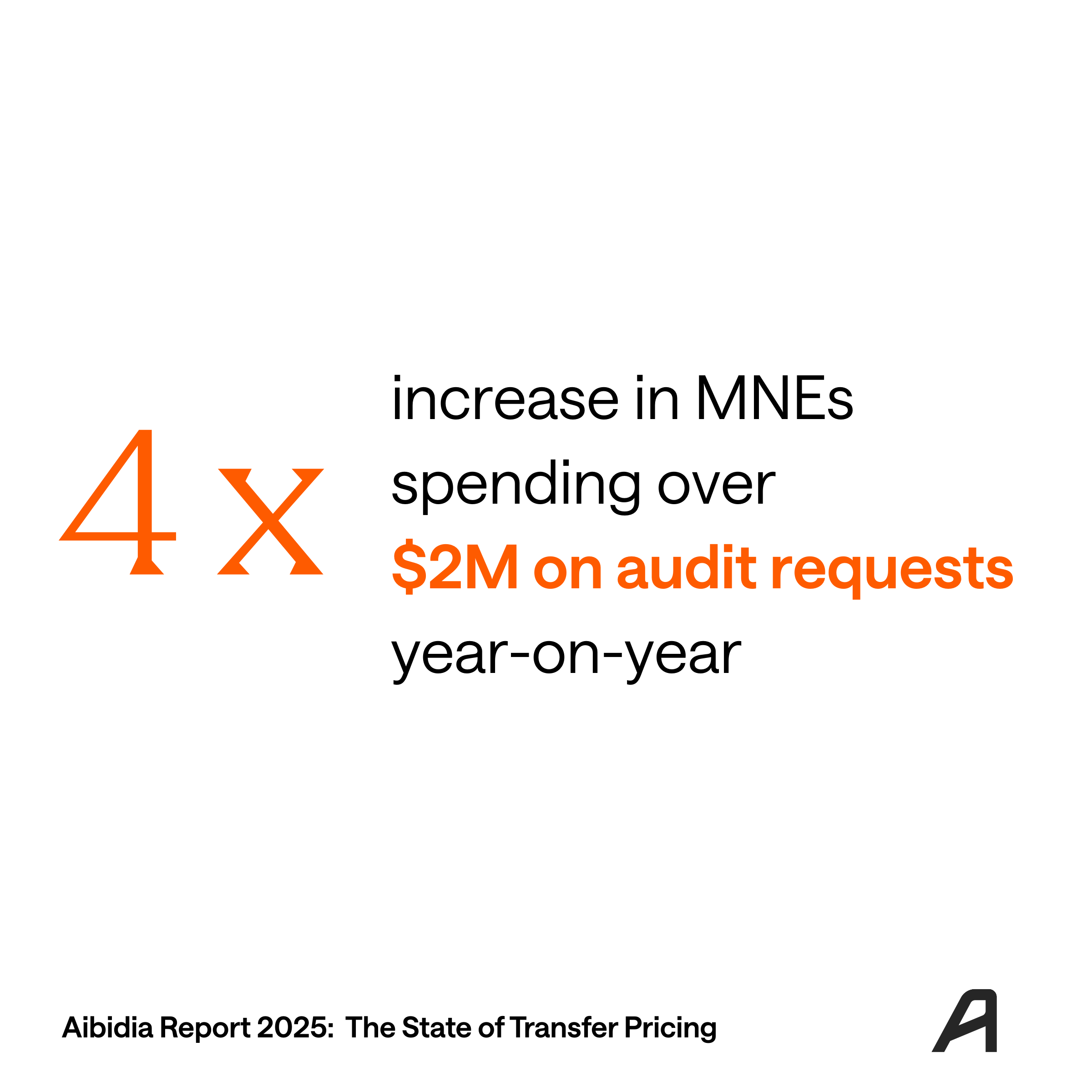Recently, new remarkable AI technologies like ChatGPT have started to go viral. That’s why we decided it is a good moment to reflect on AI and its role in the tax profession. In this blog post, we’re going to be focusing specifically on the topic of natural language processing (NLP) tools and their impact on our industry.
What are NLP and GPT
For those who may not be familiar with natural language processing, it's a branch of artificial intelligence that focuses on enabling computers to understand and process human language. And most of our tax work is focused on human language - things like legislation, contracts, documentation and reports are usually in the form of written text - and that’s why there is a potential for AI in our industry as well.
One well-known example of an NLP tool is GPT, or Generative Pre-trained Transformer by the company called OpenAI.
Will AI replace tax professionals?
It's important to understand that AI is a rapidly evolving field, and it's difficult to predict exactly how it will impact various industries over the long term. However, based on what we know so far, it's unlikely that AI will ultimately replace tax professionals.
- AI is not capable of replacing the human judgment and critical thinking that is central to the work of tax professionals. While AI can certainly assist with tasks like data analysis and compliance, it's unlikely to be able to fully replicate the complex decision-making and strategic thinking that tax professionals bring to the table.
- The tax profession is heavily regulated, and it's likely that regulatory bodies will continue to require human oversight and decision-making in certain areas. We also can’t expect people to blindly trust AI with very important tax decisions, as it is very sensitive topic.
- Finally, it's important to remember that AI is a tool, and like any tool, it can be used to augment and enhance the work of humans rather than replace them. Tax professionals who embrace AI and learn how to use it effectively will be well-positioned to thrive in the age of AI.
What tax experts think
Our expert Borys Ulanenko has conducted a LinkedIn survey to see what people thought about AI being able to provide reasonably accurate tax advice on par with junior tax professionals. The results were quite interesting. 10% of respondents believe that AI is already able to provide accurate tax advice on par with a human with three years of experience, 29% of respondents believe that AI will be able to do this within the next 5 years, 21% of respondents believe that it will take up to 10 years for AI to reach this level of accuracy, and 40% of respondents believe that it will take decades or even never for AI to provide accurate tax advice on par with a human. We can conclude that there is a wide range of opinions on this topic, but on average, people are bullish on AI replacing junior tax personnel.

In our recent webinar, we also ran a survey about biggest concerns related to using AI in the tax industry. These survey results suggest that the biggest concern about using AI in the tax industry is uncertainty about the accuracy of AI systems. Other significant concerns include data security, lack of oversight, and potential job loss. It's important for organizations to address these concerns and find ways to ensure that AI is used in a secure, accurate, and transparent manner to maximize its benefits and minimize its risks. This may involve providing more training for users, establishing oversight mechanisms, and creating policies and procedures for data protection and privacy.

To better understand where we are now, we decided to run a few experiments we demonstrated in the recent webinar. The experiments showed that ChatGPT can be used to help tax professionals save time and identify patterns and insights that may not be immediately apparent to the human eye. However, it is important to remember that AI is not a replacement for tax professionals and is best used as a supplement to human capability.
Overall, it is clear that AI can and will play an increasingly important role in the tax profession. Tax professionals who embrace AI and learn how to use it effectively will be well-positioned to thrive in the age of AI. For more details, watch our webinar on the future of tax work.
You can watch the full webinar now:







%20(2).png)


.png)

.png)
.png)






.svg)
